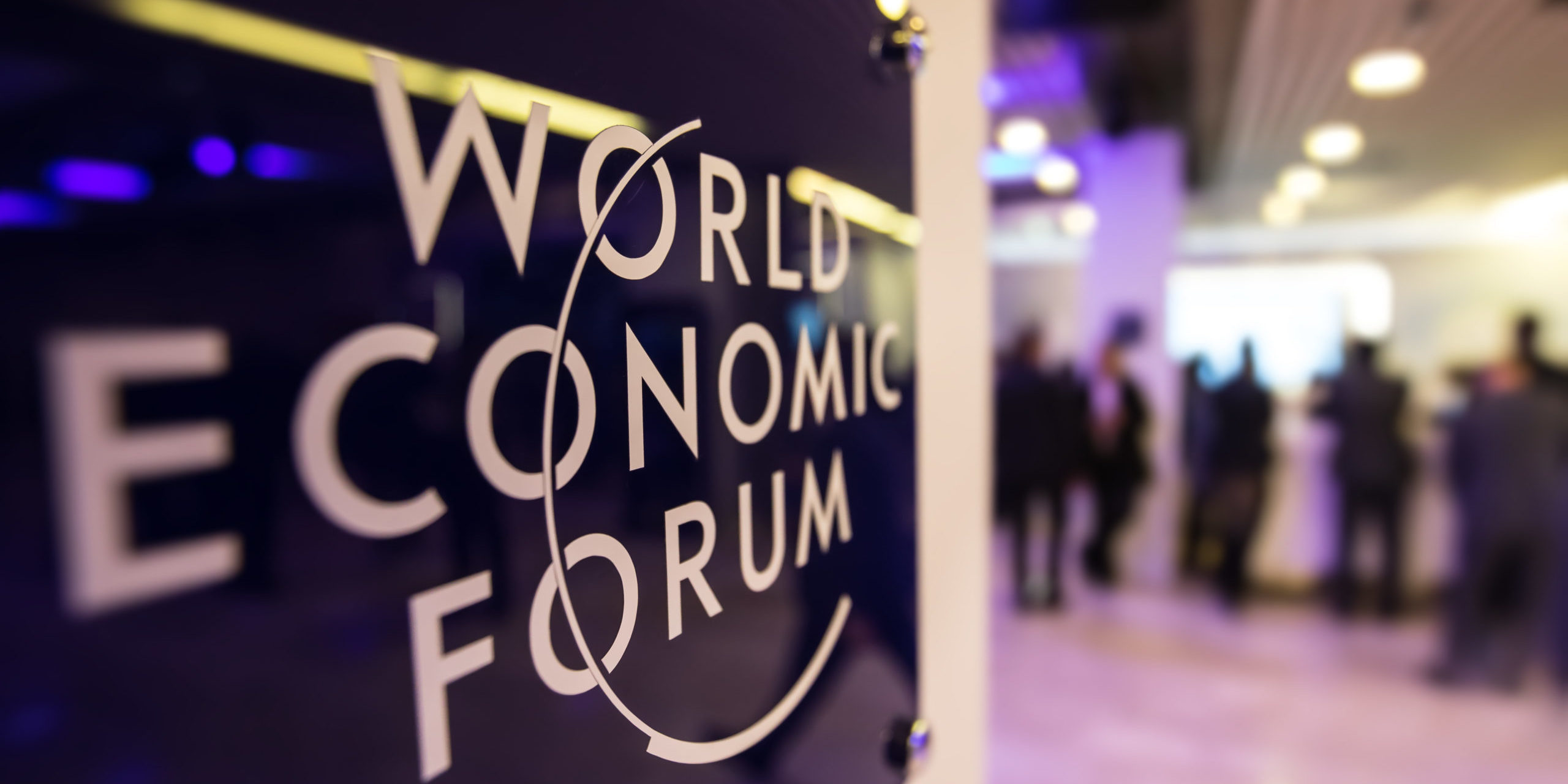Building Mindful Organisations – World Economic Forum 2016, Davos
Spirituality in business:
A couple of years ago I had to address the European Union in a very interesting session about spirituality in business, I found it a very challenging topic to begin with until I came to realization that there were no conflicts between business and spirituality. Contrary to popular belief, only if one were to embrace spirituality were one to have a holistic business, a long-term business.
If business were tending towards profitability alone it would be mercenary purely, but a holistic approach to business has to be missionary.
When one is potentially mercenary in business, you become a slayer, a pirate and there are businessmen who specialize in this, but that is not a business that builds, it is one that scavenges. If one were to build a business to last, then it hails back to the ancient Chinese saying: a beggar lives from meal to meal, a labourer lives from day to day, a householder/ salary worker from month to month, a farmer lives from season to season, a merchant lives from year to year, a mandarin noble man has to plan for 5 years at a time, and a king plans for a lifetime. But an emperor has to plan well beyond that, an emperor will plan a century at a time so that he leaves a legacy behind. Based on this, a businessman has to think beyond his own lifetime in as far the business is concerned, beyond his involvement. And treat the biz as something bigger and better than he is.
The concept of spirituality is woven into the business, the business cannot be just about making profits, it has to be about doing good, and creating goodwill. If work is worship, it will automatically follow that your office is a temple, a place of work is a temple. Which makes your desk an altar, and your work becomes an offering to God. There is no room and no reason for conspiracy or back-stabbing etc. Hence, this approach is all the more reason to build a business on good ethics and ethical infrastructure. This approach leads towards better CSR, better employee engagement, better treatment of employees, distribution of profits, better networking, essentially this approach will let you sleep at peace at night.
EQ in the organisation. The EQ is a set of intangible qualities, principles or concepts such as faith, loyalty, trust, empathy, attitude and to some extent even care. These are a set of qualities leading to better productivity overall. We in the QI group have evolved and embedded our EQ, and we have created a sense of family and belonging within our various offices across the world and our 1000 employees the company are referred to as the QI family. The family is a place where colour, caste, creed or country have no place. This is a place where culture is not divisive but inclusive, where everything that is diverse is beautiful and unique – in the diversity we seek unity and from unity we find strength.
Decision making is never about making the right decision. Nobody makes right decisions. Generally speaking if the right decision is made, the outcome is instantly based on the fall of the dice, so to say. There are no right decisions, merely decisions that we make right.
More often than not one goes through a series of decisions, one leading to another, the consequences of the decisions are borne and new decisions come into place. Therefore, decisions need a set of rules, one of which I would like to elaborate on: despite all the experience of the world and all of the knowledge that one can possess, ultimately there is something that I refer to as 80-20 rule. Even if one had 80 percent of everything required, 20 percent is still uncertain and can make all the difference between success and failure. That 20 percent is generally not found without indications, without consulting, so ultimately there is an art to decision-making.






